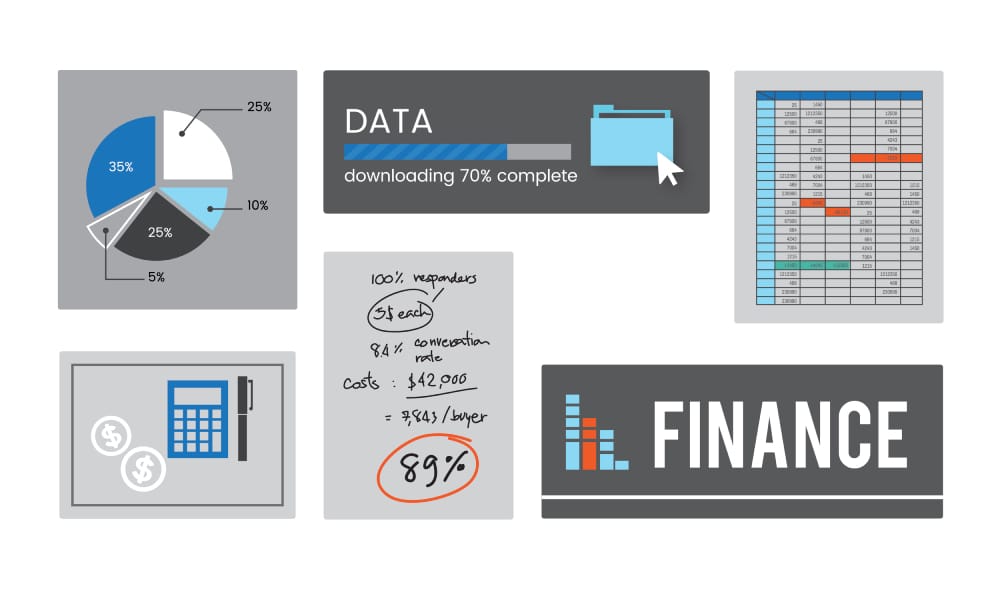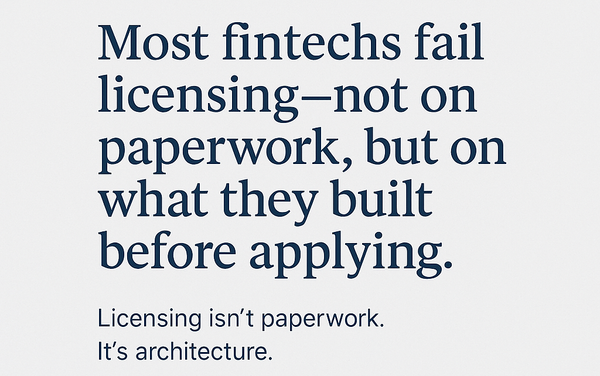Transforming Banking: How Open Finance is Redefining Financial Services

The financial sector is going through a change due, to the rise of open finance. This new idea has expanded the possibilities in banking creating an accessible financial landscape. Open finance takes the foundation of banking further by offering access to various financial information from different institutions and third-party providers enhancing the range and quality of financial services available.
Here we will explore how open finance is changing the face of banking the advantages it offers to both consumers and businesses and how it sets itself apart from banking.
What Is Open Finance?
Finance involves sharing and utilizing customer-approved data across a broad spectrum of financial institutions and third-party service providers. It goes beyond banking, which initially focused on bank-related data now encompassing financial products such as investments, pensions, and insurance.
The primary aim of finance is to give consumers control over their financial information so they can make informed decisions and access a variety of cutting-edge services tailored to their needs.
Open Finance, vs. Open Banking
Open banking falls under the umbrella of finance focusing specifically on the exchange of banking data, like transaction records and payment initiation services. In contrast, open finance encompasses a spectrum of services and data categories. This comprehensive approach enables a financial experience allowing users to view their complete financial picture in one centralized location.
The Advantages of Embracing Open Finance
finance is a force in the financial sector bringing forth a multitude of benefits for both consumers and financial service providers.
Enhanced User Experience
Open finance empowers individuals to manage their finances with efficiency. By providing access to an overview of their details individuals can make well informed decisions compare offerings and seamlessly transition between providers.
Innovative Financial Offerings
The sharing of information drives innovation by enabling fintech firms to create tailor-made products. Ranging from investment guidance to custom insurance packages open finance sets the stage for services that cater to the requirements of each individual.
Enhanced Financial Inclusivity
Through democratizing access to information, open finance has the potential to narrow the gap for communities by granting them access, to credit and other previously inaccessible financial services. Enhanced Competition and Improved Rates
The realm of finance enables banks and fintech startups to compete more fiercely with established entities resulting in enhanced rates and services, for consumers as the market intensifies its competitiveness.
Intersection of Open Finance and Technological Advancements

The surge of finance is closely intertwined with the progress made in technology. APIs (Application Programming Interfaces) serve as the core of finance facilitating efficient data exchange across various platforms and services.
Digital Payments and Peer-to-Peer Lending Evolution
Open finance has transformed payments by streamlining transactions and cutting down on expenses. Furthermore, peer-to-peer lending platforms can now present loan options by tapping into a borrower's background to increase credit accessibility.
Influence of Blockchain Technology and Cryptocurrencies
Blockchain technology and cryptocurrencies have introduced approaches to value exchange and asset management. Open finance can harness these technologies to offer secure and transparent financial services.
Fintech Trends Fueling the Growth of Open Finance
Fintech trends play a role in propelling the development of finance. These trends encompass the surge in mobile banking usage leveraging data and artificial intelligence for tailored services well as the escalating focus, on cybersecurity to safeguard sensitive financial data.
The Rise of Digital Banking and Embracing Mobile Accessibility
Digital banking has emerged as a trend, in technology driven by consumers who find the convenience of managing their money through mobile devices appealing. The concept of finance complements this centric approach by integrating multiple financial services onto smartphone-accessible platforms.
Utilizing Data Insights for Personalized Experiences
The utilization of data empowers institutions to offer highly tailored experiences to customers. By analyzing an individuals behavior companies can deliver recommendations and services that cater to their unique spending patterns and objectives.
Enhancing Security Measures in the Digital Era
With the increasing availability of information, there is a growing imperative for cybersecurity measures. Open finance relies on security protocols to safeguard consumer data against access and cyber threats effectively.
Practical Implementations of Open Finance Principles
Open finance goes beyond theory manifesting in ways that reshape our interactions with services.
Empowering Financial Management Through Technology Tools
Examples like financial management tools that consolidate data from sources exemplify how open finance principles are put into practice. These tools assist users, in monitoring expenses improving budgeting strategies, and preparing for goals.
Automated Investment Platforms
Utilizing finance-automated investment platforms leverages users' financial information to offer tailored investment strategies making wealth management more accessible, to individuals.
Insurance Premium Calculators
By utilizing finance insurance companies now provide precise premium calculations based on a client's comprehensive financial data rather than relying solely on historical data.
Challenges and Considerations of Open Finance
Although open finance presents advantages it also poses challenges. Privacy issues, data security concerns, and regulatory compliance are considerations that must be addressed for finance to realize its full potential.
Data Privacy And Consumer Consent
It is crucial to ensure that consumers grasp how their data is utilized and have control over their information. Implementing clear consent mechanisms and transparency is essential for fostering trust in open finance systems.
Compliance with Regulations
Navigating the environment is crucial for the success of open finance. Providers must adhere to regulations such as GDPR in Europe and similar frameworks in regions to safeguard consumer rights.
Interoperability
For operation of finance establishing standardized practices across various platforms and services is imperative. Interoperability ensures collaboration, between systems without encountering obstacles.
In summary, open finance is transforming the banking sector by creating an interconnected environment that benefits all involved parties. It promotes innovation, competition, financial access, and consumer options showcasing the possibilities of finance.
As the financial sector progresses it's evident that open finance will significantly influence the future of banking. Embracing this shift allows financial institutions and service providers to offer value to customers and establish themselves as leaders, in the age.
By prioritizing privacy, security, and compliance with regulations open finance can fulfill its potential. Result in an inclusive and efficient financial system that benefits everyone.





